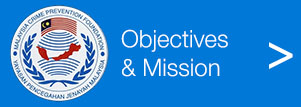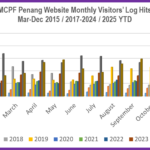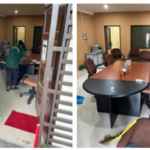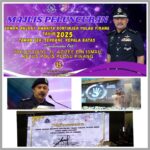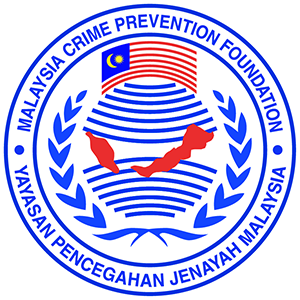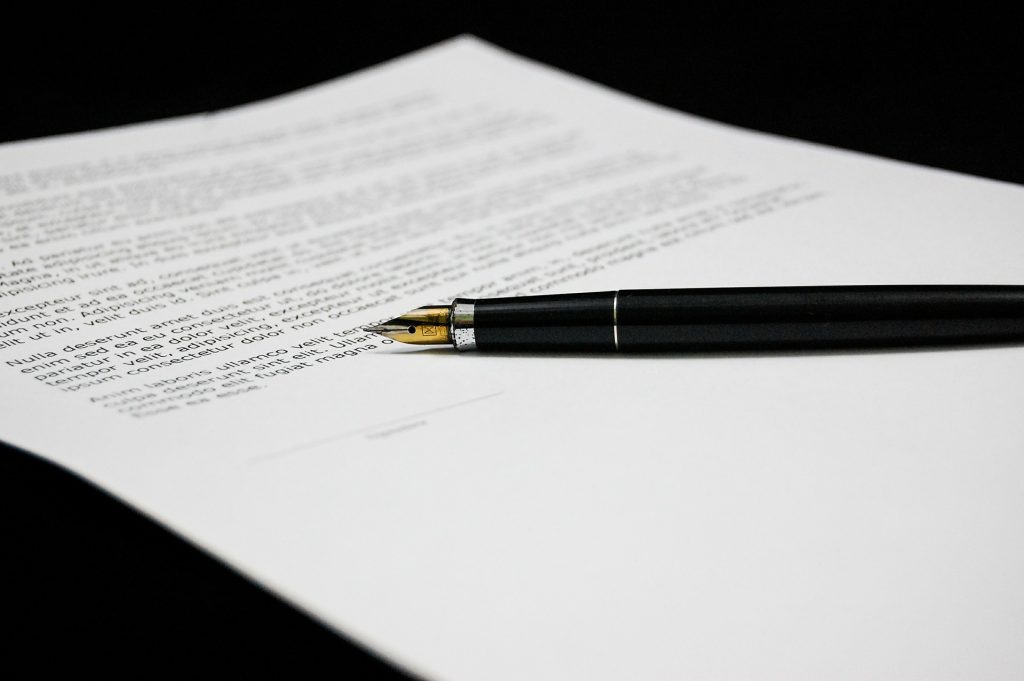
OVER the last decade or more, Malaysia has been stirred by profound concerns about policing practices.
Such concerns reach all the way to the top of the federal government. The solution is both simple and profound if democratic accountability in policing is implemented and practised without any prejudice. Democratic accountability is an integral component of contemporary policing and ideally it must be practised in democratic societies.
Democratic accountability in policing implies that policing is supportive and respectful of human rights. The protection of life and dignity of the individual is a priority for all police agencies in democratic societies. It also requires the police to make a special effort to protect freedoms that are characteristic of a democracy. Such characteristics include freedom of speech, freedom from arbitrary arrest and detention, freedom of association, assembly and movement, and impartiality in the administration of law. The nature of democratic accountability in policing calls for the skilful use of professional police discretion.
When the rakyat talk about democratic accountability in policing, most often it is after things have gone wrong. They refer to criminal prosecutions and lawsuits, coroner’s inquest, and royal commissions. Dashboard and body cameras are a form of hindsight accountability. All of these are aimed at illustrating police misconduct. The problem that arises here is that the public is excluded from deciding what policing practices and policies should be in the first place. Policing practices change when the public’s voice is heard.
Secrecy is sometimes necessary especially with high risk and active investigations. We don’t want to disrupt or sabotage investigations. The debate is what policing issues should be publicly debated without jeopardising operational and investigative matters.
The rakyat will insist that policing must be seen to be democratic. An effective solution to democratic accountability in policing is through direct engagement with the police. Blaming them without facts will only deteriorate the relationship. We must give them the assurance and understanding that they can invite in the public voice safely without being blamed or insulted when there is disagreement.
Policymakers are not expected to do anything and everything the public demands. Policymakers and police leadership are expected to listen to the public and engage with them on a regular basis. Engagement must be proactive. A reactive style only creates negative barriers and perception. It distances the police from the public. Policymakers and police leadership must change what they can, and explain the choices they make, so decisions can be fairly and justly evaluated by the public. The will to implement democratic accountability in policing must come from policymakers and police leadership.
P. Sundramoorthy
Research Team on Crime & Policing
School of Social Sciences
Universiti Sains Malaysia
This article first appeared on The Sun Daily.
Past Events
- MCPF Penang Website www.mcpfpg.org Visitors’ Log hits a Monthly Record high of 23.24k in November 2025. Cum-to-date total: 977,865 (March 2016 to November 2025)
- MCPF SPS DLC participates in Camp for Uniformed Bodies at SJK (T) Nibong Tebal
- MCPF Penang engages in Operational Meeting at SMK Mengkuang, Bukit Mertajam to follow-up on CCTV Project Proposal
- MCPF Penang Quartermaster Munusamy Muniandy does an on-site Housekeeping / Maintenance inspection of MCPF Penang Office at PDRM IPK P. Pinang
- MCPF Penang & SPS DLC participates in PDRM’s Launching Ceremony of Amanita Taman Angkat at ADTEC ATM Kepala Batas
